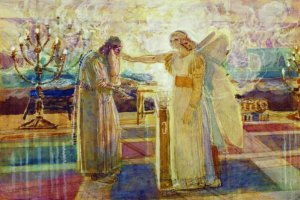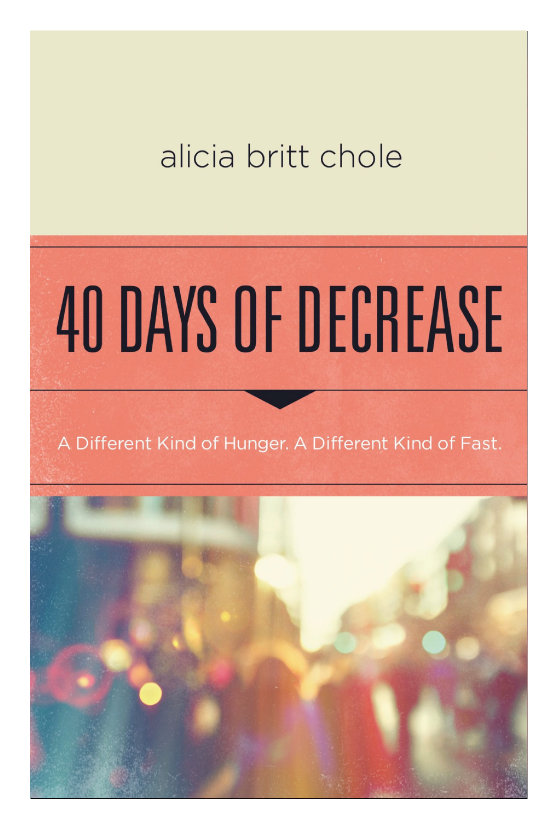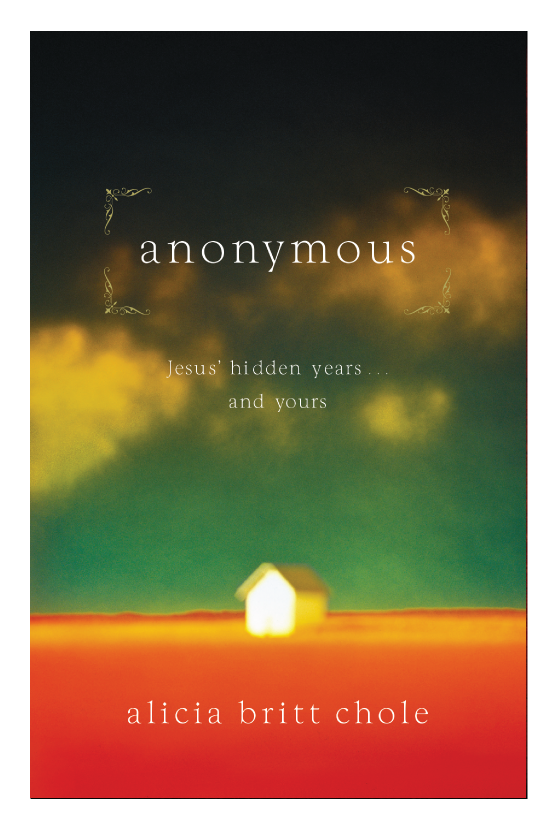Today, I am typing from an earth-brown chair by a tame fireplace in Cannon Beach, Oregon where I am attending my final two DMin classes. The day is perfect for writing and I woke up with anticipation, excited to write.
Blogging is a newer focus for me. Honestly, for years I could not come up with a sustainable motivation for blogging until recently when God supplied one: blog for the love of others; blog as a friend, as a mentor, to invest in their spiritual formation. Today my offering toward that end is from barely dry ink in my journal.
For the last ten years, I have been reading the Bible more slowly. The previous two decades of inductive study methodology and reading-through-the-Bible-in-a-year had served my soul well. But I sensed a shift; an invitation to linger longer in words, to rest in them and let them simmer in me. The practice is ancient though I was introduced to it through the writings of a more modern mentor.
So for 3.5 years, I slowly read the book of Mark and in January 2014 my attention turned to the slow reading of Luke. Ten months later, I am still in chapter one because each sentence, each phrase, has been rich for me. For the past few months, I have been lingering in the interaction between Zechariah and Gabriel in the temple (Luke 1.11-20). My thoughts this morning rested upon a small phrase in Lk 1.18:
“I am an old man.”
Though the parallel between Zechariah’s “I am an old man” and Gabriel’s, “I am Gabriel” at first interested me, this small confession from Zechariah captivates me.

But I am struck by what Zechariah did not say. He did not say, “God can’t or won’t do that.” Zechariah did not question God’s faithfulness or willingness or ability.
What stood in the way of the miracle, from Zechariah’s perspective, was himself: “I am an old man.”
In other words, “It can’t be done through me because I’m too ______ or not enough _____ and the people I’m with suffer the same constraints. The problem, Gabriel, is specifically that I’m old. There may have been a time when such a wondrous thing could have been done through me, but that day is gone. This container is well past its expiration date of being able to hold that dream.”
“I’m an old man.”
It’s no longer possible.
Who I am stands in the way of a miracle.
Have you ever felt that who you are stands in the way of a miracle?
“I am an old man” are words of one who does not question God’s holiness. These are the words of one whose dearest longing has surrendered to logic, to realism, and to the facts.
However,
when our dream really is God’s dream,
God is not obligated to give it up when we do.
Personally, this all feels very, very familiar. Though not a man and not (that) old, I have a few dear deep longings that have finally over time surrendered to logic, to realism, to the facts. When others kindly mention the possibility of their fulfillment, my God hears me sigh, “Oh, wouldn’t that be beautiful. Other lives can still contain such a miracle. But, it seems that my day for that miracle is past.”
And this small glimpse into Zechariah’s soul warms me. The story confirms once again God’s character, which is the surest place to invest my hope. In effect, Gabriel responds, “Yes, you are an old man…and I stand in the presence of God.” (v. 19)
God holds all my longings whether buried or alive.
Though I have never ended a post this way,
I would like to end this time with a question:
Does Zechariah’s “I am an old man”
feel familiar to you too?







I read this post in my inbox the other morning and was moved by the words.
How often I give up on what God is speaking to me because of my own insecurities and lack of confidence. Thoughts of “I can’t do that” or “I’m too old…that day is passed” echo in my mind and I have to fight to put that way and instead focus on His Truth spoken to me.
These words “when our dream really is God’s dream,
God is not obligated to give it up when we do.” are very powerful to me. How often we give up when God says “Go forward.” I’m so thankful for His patience with me and my working out. I’m learning to trust in Him…not relying on my own wits or wisdom but on His!
Thanks for these words, Alicia!
Thank you, Rachel, for reading so prayerfully. That very phrase touches me deeply too–when I wrote it I felt I would spend years discovering its beauty.
Quite familiar. In late 2007, the Lord was calling me into ministry. I, being the controlling, know-it-all, was telling God, that He had the wrong girl. No way I could do ministry because I would make it all about ME. Did I mention I was/can be full of pride? Oh I wanted ministry, because my passion has always been speaking and teaching the Word, but I knew He was mistaken.
Finally, as I sat in a breakout session at the Lifeway National Women’s Ministry Leadership Event in Nashville, Priscilla Shirer spoke God’s encouragement right into my heart. In her message that day to hundreds of women, she said, “Is there a dream in your heart that you are convinced will never come to fruition? Believe God for it. If He has placed that desire in your heart, He will bring it to pass.” It was like she had stood in front of me with her finger pointed toward me, and spoken those words directly to me. From that day forward, I said, “Yes, Lord. Whatever you want, whatever ministry looks like for me, I’m your girl.”
He has allowed me to write blog posts and Bible studies, speak to women, and mentor in ways I never could have imagined. He knew His plans for me. Thanks for the encouraging post, Alicia.
What a beautiful window into how this is lived out! Thank you, Leah, for your vulnerability and example of how God has led you.
Dear Alicia,
This blog touched me in a secret place of longing in my soul. Your eloquence and love of God articulated my current journey so well. I am contemplating the next chapter of my life and at times I have asked, “Has my time passed for that dream?” Thank you for giving me something to contemplate! Hallelujah Hugs and Bountiful Blessings to you.
Connie
Oh thank you, Connie, for responding! Yes, I felt God was speaking to me too as I meditated on the passage. Dear dreams–He holds them all. And He can bring them to pass even when I my sigh echoes Zechariah’s. What grace.
Thank you for mentoring my heart this morning from afar.
The clear reminder to me is that nothing is impossible with God and I, too, am in the presence of Jehovah-shammah.
Therein, lies my hope.
Keep on writing!
Love, Debbie H.
You are so encouraging, Debbie. Thank you! Nothing, no thing, is impossible! Yes and amen.